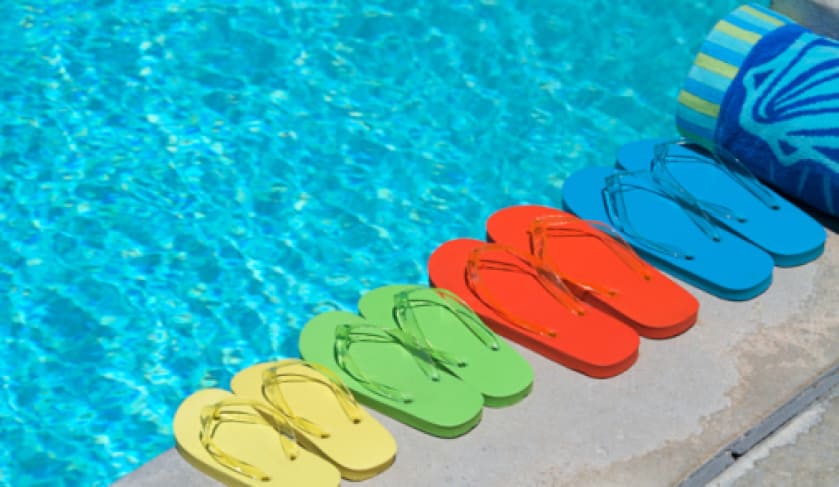Everything you need to know about holiday home tax
During the summer months, there can be a boost in investors looking to purchase holiday property. Here are some tax tips you need to be aware of for your home in the sun.

Last year, the Australian Taxation Office said it would write to investors who have purchased property in popular holiday destinations to ensure the deductions being claimed are correct.
To ensure you will not be singled out, Mark Chapman, tax communications director at H&R Block, has some tax recommendations for investors with holiday properties.
• If you rent out your holiday home during the period you are not using it, you need to declare the rental returns as income.
• You can only claim deductions for the periods the property is rented out or is genuinely available for rent. Periods of personal use cannot be claimed. This is particularly important for holiday homes, where the ATO regularly finds evidence of home owners claiming deductions for their holiday pad on the grounds that it is being rented out, when in reality the only people using it are the owners, and their family and friends, often rent-free.
• The costs to repair damage and defects existing at the time of purchase or the costs of renovation cannot be claimed immediately. These costs are deductible over a number of years. Expect to see the ATO checking such claims and pushing back against claims that do not stack up.
• The ATO is concerned that husbands and wives are, in some cases, splitting income and deductions so that the bulk of the tax benefit goes to the higher earning spouse, even though the property is actually owned 50-50. Make sure that if you jointly acquire a property with your spouse, everything – income and deductions – needs to be split equally.
• There are also several costs you cannot deduct, including costs associated with:
- Acquiring and disposing of the property, including advertising costs and stamp duty. These costs would normally be of a capital nature and would be added to the cost base of the property;
- Expenses you don’t actually incur as the owner of the property, for example costs in relation to the property which the person renting the property pays; and
- Expenses not related to the rental of the property, for example interest on a loan that might originally have related to the property but where additional funds have been drawn down to fund private activities.
• There are other expenses, which, while not immediately deductible, can be claimed over a number of years. These include borrowing expenses (i.e. those costs linked to the financing of the property such as title search fees, loan establishment fees, stamp duty on the mortgage etc.), depreciation costs on assets used in the building (such as airconditioners, hot water systems etc.) and capital works deductions (such as costs spent on altering, improving or extending the structure of the building). But remember, you can only claim the proportion of costs that relate to periods the property was available for rent.
Investors should also be aware that the ATO has access to several sources of third-party data, so it’s easy for them to check if your claims for your rental are correct.
H&R Block encourages all investors to make sure they keep impeccable records and can prove any deductions that are being claimed against their property.

